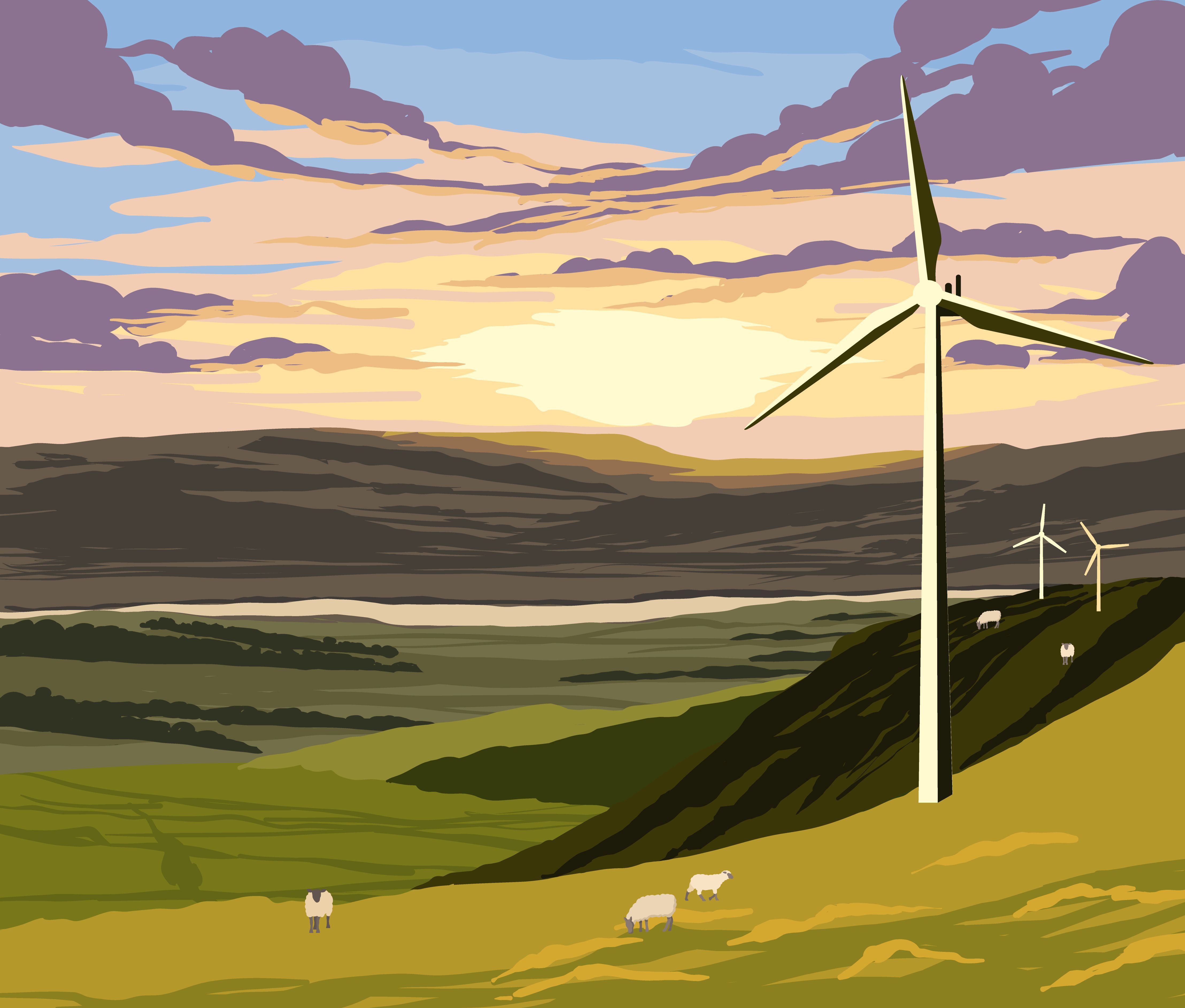Climate change is increasingly impacting many people’s mental health. It’s normal to feel angry, anxious, helpless, fearful or sad when thinking about climate change and extreme weather events.
Some people have been impacted by extreme weather and are working to rebuild their lives while worrying about future events. For some, climate change is impacting jobs, financial security, connection to the whenua (land) and/or their ability to build strong connections with community.
“It’s a balancing act. Too much fear-based information can tip me over. I’ve become more purposeful in the content that I take in to make sure I’m focusing on action and hope.” – Sarah, health promoter.
If you are feeling what some people call ‘ecoanxiety’ or ‘climate anxiety’, join us to find ways to help yourself and the environment.
“The best thing for me is taking action for nature, in nature.” – Russ, community tree planter.
Why do I feel ecoanxiety?
We all have a deeply personal and sometimes different relationship to the environment. It’s natural to feel worried or anxious about the impacts of climate change. Te ao Māori and many other cultures have a sacred connection to Te Taiao and whenua. If you’ve experienced extreme weather events, are going through financial challenges or live with mental distress, you may find climate change has a bigger impact on your mental health.



